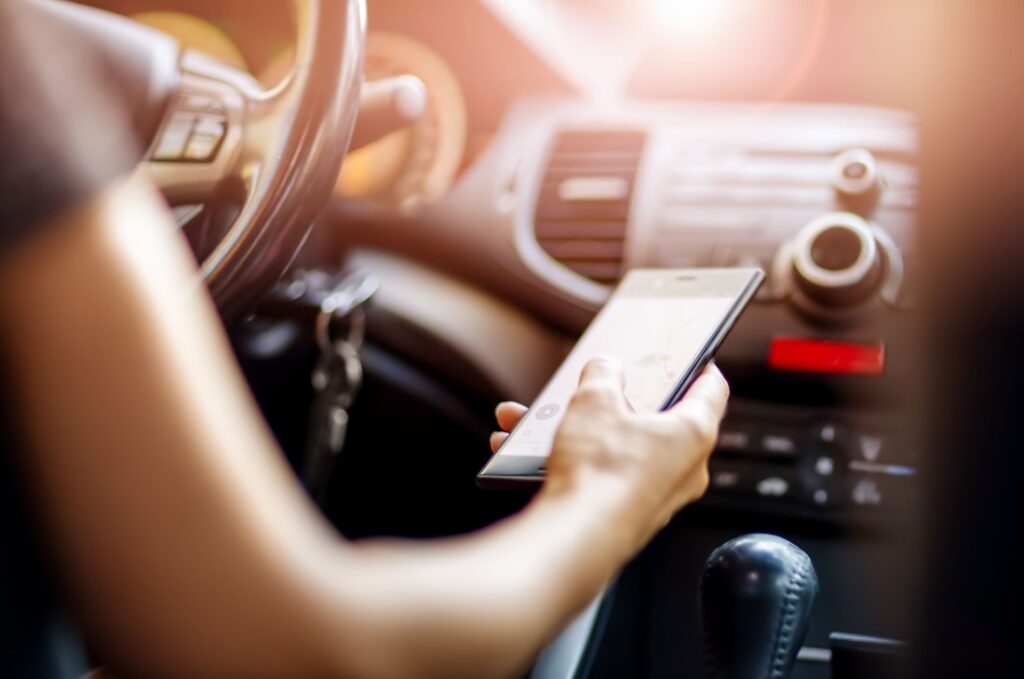When you run your own business, you have a lot to keep track of. We’ve said it many times, but keeping good records is the key to ensuring you have what you need when it comes to tax time. This will help make sure you get all the deductions you deserve. One thing that often gets overlooked is keeping a mileage log.
If you drive a lot for your business, the gas and wear and tear on your car can add up. You need to be keeping track of your mileage so you can deduct it as a business expense. Often, when business owners don’t actually track their mileage, they estimate it for tax purposes. That can put you at risk if documentation is needed later. We highly recommend that you get in the habit of good records and keeping a mileage log so you have written documentation.
Why Keeping a Mileage Log Matters
Whether you own a business or not, everyone dreads the idea of an IRS audit. Anything that seems out of place on your tax return can trigger an audit. And if that happens, you need good records to back up your business expenses and deductions.
If an IRS audit happens, the examiner will ask to see your records. A mileage log is one indicator that you are keeping good records and running your business in a professional, orderly manner. Not having a mileage log would be an indicator that your other records may be lacking as well.
Reporting Your Mileage Log Information on Your Tax Return
For business owners, IRS Tax Form 4562 is where you report mileage for up to six vehicles used by the business. It asks if you have evidence to support the business use of the vehicle(s) and if that evidence is written. You’ll report business/investment miles, commuting miles and personal miles.
A mileage log is the written (even if you use an app) proof you need to report this information correctly and avoid consequences with the IRS.
How to Track Your Mileage
You can track your mileage manually, using your odometer and a notebook in your car. If you do that, you will probably want to enter that information into a spreadsheet or expense tracking system. There are also many apps that making keeping a mileage log on your cell phone quick and easy.
What Other Vehicle Records Should You Keep?
Being aware of what the IRS asks for in an audit can help you be prepared in case once occurs. In a correspondence audit, the IRS may ask for repair receipts, inspection slips and other records relating to the use and upkeep of the vehicle. This can include receipts for gas, oil changes, repairs, new tires, and registration. Don’t forget your insurance and taxes as well as parking fees and tolls. Your calendar or appointment book can also support the mileage used, as it should correspond to the mileage log you report. If you purchase or lease a new vehicle, you will certainly need those records as well.
CPA Services of Florida
CPA Services of Florida is a Certified Public Accounting firm that offers full accounting, bookkeeping and financial reporting services for individuals and businesses. We can help you make a plan for the financial management of your business, so you’re organized from the jump. If it’s too late for that, don’t despair. We offer proactive accounting and tax services including tax resolution, tax planning, tax preparation, and audit representation. We have more than 30 years of experience in accounting and small business consulting, and we are here to help with your business and personal accounting needs. Call us for tax help today at 941-924-1120.
See also:
Why You Need an Accountant for Your Business
New Business Accounting: What You Need to Know When You Start a Business

